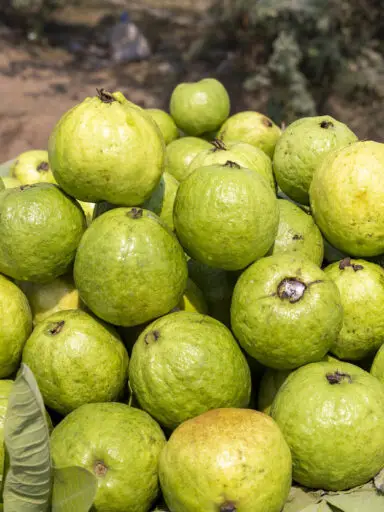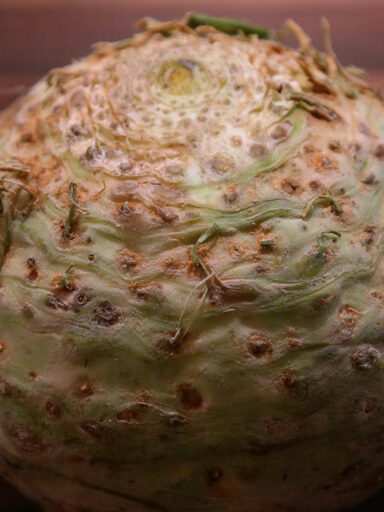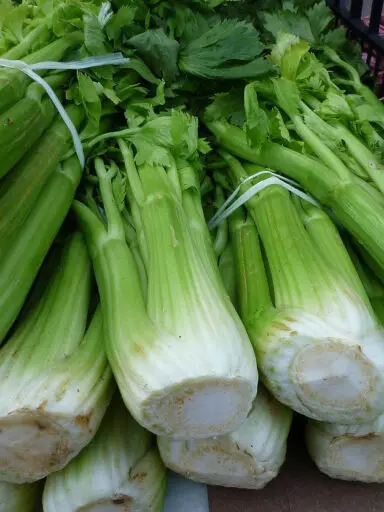The lemon is a small evergreen tree in the flowering plant family Rutaceae which is native to Asia. It bears a yellow fruit grown for its culinary usefulness even though there are no culinary uses for lemon such as cleaning.
The fruit juice is 5 percent to 6 percent rich in citric acid which gives it its distinct sour taste which is sought after in the culinary field in addition to the flavors from the rind or zest. It is closely related to lime, tangerine, grapefruit, Pomelo, and orange fruits.
The world’s largest producers of lemon fruits are India, Mexico, China, Argentina, and Brazil respectively. They are believed to have originated from the Himalayan foothills of North-East India.
The lemon grows well in temperate and tropical regions and is sensitive to frost and extreme cold. The fruit is yellow when ripe and green when immature. They reach about 5 to 8 cm in length and can weigh up to 80 grams.
Lemon fruits can be found all year round in markets and stores. The peak season is usually spring and well into the summer months. When selecting fruit you need to look for those with glossy and vibrant skin. It should feel firm and heavy for its size. The skin should not be pale and should not have bruises or cuts.
Select fruit that is free from mold or any form of fungus. Hard dark green fruit is immature and should not be selected. They should be then stored in a refrigerator in a plastic ziplock bag or plastic container.
Refrigerated lemon can keep for about a week while the freshly squeezed juice can be frozen and kept much longer. The zest can be dried and stored in an airtight container.
Preparation and Culinary Uses of Lemon
The yellow fruits should be washed thoroughly in cool running water. The skin can be grated to extract the zest. The fruit can be cut into halves or quarters and squeezed for juice by hand or using a juice extractor.
The fruit can also be cut into slices and used as a garnish for other dishes such as salad, dessert, cocktail, and fish and seafood dishes.
The various extracts (juice and zest) can be used to flavor drinks such as cocktails and hot beverages or drank as lemonade. They are also an integral ingredient in cake, pie, marinades, pastry, and other dessert preparations.
Nutritional Benefits
Lemon provides 29 calories per 100 grams which are lower than any other citrus fruit. It contains no oils or cholesterol and practically no protein with trace amounts of carbohydrates. It is also a decent source of dietary fiber.
This fruit is an excellent source of vitamin C which is helpful in the prevention of scurvy. It has trace amounts of B-complex vitamins such as folates, pantothenic acid, pyridoxine, and thiamin.
As for minerals, it has some amounts of Iron and lesser amounts of calcium, copper, and magnesium.



